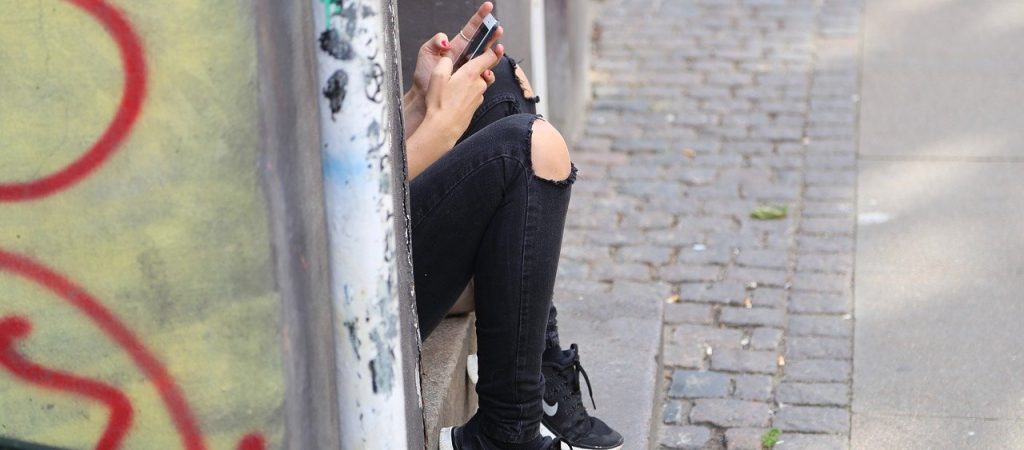
Behaviour change and PDHPE
Change is never easy – and convincing our target audience – young people – to take action and change their behaviour can be even harder still. We all know the adage that if you tell a young person not to do something … the first thing they often do is ask why not? And the second thing they do is try it out to see for themselves why they shouldn’t do it!
As teachers of PDHPE we need to know the mechanics of how to motivate our students to make healthy, safe and active choices and to change behaviours in order to enhance their own and others’ health and wellbeing.
Luckily for us we don’t have to take a stab in the dark to work out how we might achieve this in our schools. For many years academics have been hard at work developing models and theories that help us understand how and why people change their behaviour.
Professional learning series
Over the next few weeks our Catch Up PL series will explore a range of behaviour change models that have been developed for teaching, modifying, reinforcing and establishing positive behaviours in relation to health. The models we will unpack include:
- Social Learning Theory
- Social Cognitive Theory
- Theory of Planned Behaviour
- Social Development Theory
- Self-determination Theory
- Socio-ecological theory
- Health Belief Model
- Stages of Change Model.
Social Learning Theory
Want to learn more?
Check out this interactive timeline of learning theories


